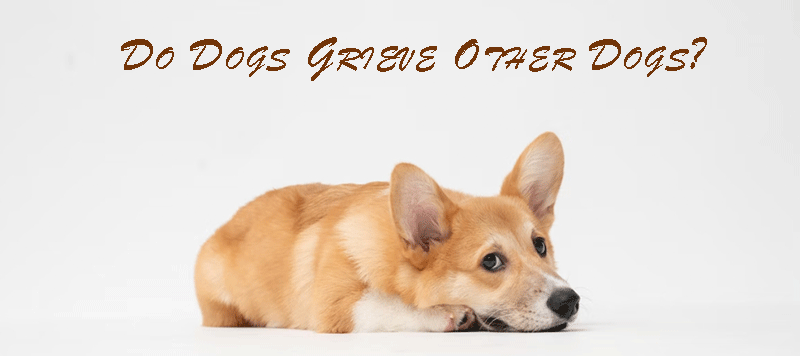
The theory of dogs grieving the death of other dogs has been in the mind of pet owners for a long time. Bot now, researchers have proved beyond doubt that dogs actually show many signs of grief and suffering when another dog close to them passes away. Losing a pet is a tragedy for all involved, be it the pet owners or other pet siblings. While we humans have our own way of dealing with this loss, dogs show a wide range of signs which establishes that they, too, are grieving the loss.
Domestic dogs become a part of the family and inherit social status from their owners. Spending their entire day with the family, they become an inseparable part. They share a special bond with other dogs in the family, much like siblings. And when other dog dies, a big void is created in their life. This article talks about the concept of dogs grieving other dogs, the symptoms you need to look out for and what you can do to help them grieve and recover.

DoDogs Grieve?
As a pet owner, you would always wonder the question. "do dogs understand death?" The concept of death is universal, and its understanding is not restricted to just humans. Of course, we have a higher understanding and have invested many resources over the centuries to prevent death. But death is still inevitable, be it for humans or animals. In the wild, we have observed many animal species exhibit social behaviour related to death and loss. Elephants, dolphins, chimpanzees, and many other intelligent species exhibit their grief differently, whether by sitting beside the dead body for days or by consoling the family members.
Pet dogs are far more domesticated than the above-mentioned wild animals; hence, the concept of 'family' is more ingrained in them. While they are close to their owners, they also share a bond with other pets in the family, be it a dog, cat, or bird. As a result, their daily routine is intertwined with the owners and other pets. The pets are always together from morning walks to meal times and sleeping. And when one pet passes away, the other pet immediately feels its absence.
Dogs are also known to read the room. When there is overall sadness, they, too, become sad. Or when there is a lot of excitement or festive times, they too feel energetic. Hence, dogs borrow feelings from the family, whether positive or negative. They may not understand death as we humans do, but they do know that the member is no longer there. They may wait for them for a few days or show other symptoms, but their behaviour immediately changes. And over time, they realize that they have lost a sibling. With that, they have lost a member providing them comfort, company and safety.
Is there any research on the topic ofdog grieving loss of dog?
Interestingly there has not been much research that has taken place on the subject of a dog grieving the death of another dog or a family member. However, Dr Federica Pirrone, a veterinary physiologist at the University of Milan, recently published her research on this subject. It is believed to be themost prominent and conclusive study carried out so far on understanding an essential aspect of a dog's behaviour and offers helpful insights to pet owners.
The research team analyzed the responses of 426 adults chosen for the survey. The participants were asked to complete a detailed "mourning dog questionnaire" survey to explain how their pet dogs experience grief. The participants were chosen in such a way that they were pet owners of multiple dogs and had the experience of one of the dogs passing away. This tragedy put them in a unique position to observe and understand the impact of the death on the other dog or dogs.
The survey results indicated that 86% of pet owners observed their surviving dog showing multiple symptoms of grieving the death of the other dog in the family. The signs and intensity of grief varied based on the bond, lifestyle and different family dynamics, but it was indeed there. Following were the significant findings of this research:
- 67% of dogs became more attention seekers
- 57% were less enthusiastic or playful
- 46% became less active
- 35% slept more than their usual hours
- 35% became more fearful
- 32% exhibited loss of appetite
- 30% started barking or whining more frequently
The study also covered the timeframe of these emotions. It was found that 33% of dogs exhibited these negative feelings for up to two to six months after the death of another dog. In comparison, 25% of dogs showcased such behavioural change for over six months.

- Read more: Ways To Help A Friend Whose Pet Died
What are theGrieving Dog Symptoms?
Now that you have realized that dogs actually grieve the death of other fellow dogs, it is time to know the symptoms of this suffering. As a pet owner, you must understand this emotional behaviour of the dog and try to make the grieving possible comfortable for it. Following are the signs you should look out for:
- Less Active: The first telling sign is the surviving dog becoming very inactive. It will prefer to just lie in one corner of the house and do nothing. Do not misunderstand this with laziness; it's just that the dog is processing the sudden loss.
- Seeks more Attention: Many surviving dogs tend to get more clingy to their owners after a death. They will try to seek attention in whichever way. They will keep following their owners wherever they go because they feel insecure.
- Loss of Appetite: It is found that many dogs refuse to eat when the dog they are attached to very much passes away. The sense of loss is very high in these dogs; hence, they exhibit such behaviour.
- Disturbed Sleep Pattern: You may find the surviving dog sleeping way too much or sleep at odd hours. This is because they tend to become less active. Also, now that they have lost the other dog's security, they may show a disturbed sleep cycle.
- More Aggressive: Some surviving dogs, especially the young ones, tend to become aggressive. They would bark more frequently or charge at strangers. Even their vocal patterns change. This may be due to them feeling insecure or hurt.
- Other Behavioural Change: Apart from the above, the surviving dogs can show many other behavioural and physical changes like altering their daily routine, changing their sleeping place or even picking up on an illness.

- Read more: How To Cope With The Loss Of Pet
What to do when yourdog is grieving?
If you observe yourdog depressed after other dog dies, do not panic or be alarmed. This is normal behaviour, and you need to accept that. Instead, you need to observe the behavioural changes in the dop and make it more comfortable by following actions:
1. Stick to a routine
First, you must ensure that you stick to the daily routine for the pets. This will be helpful not just to them but also to you for overcoming the loss. Any significant change in the routine will have an adverse effect on the other dogs. Ensure that they are taken out for the morning walks or that their daily food or play time is not disturbed.
2. Provide more physical exercise
Most of their physical exercise is derived from playing with the other dogs. But once that is stopped, there will be a sudden drop in their physical activities. Also, as a part of their grieving, they would exhibit lethargic behaviour. Hence you should take them out for a walk and other fun activities.
3. Spend more time with them
It goes without saying that you need to spend more time with the surviving dogs. Show them some extra affection. You would already observe signs of them becoming more attention-seeking or clingy to you. You should reciprocate accordingly and give them their time to deal with the loss.
4. Take care of appetite and sleep pattern
This point is vital for their excellent health, just like following the daily routine. Many surviving dogs show signs of appetite loss. Take extra care of them and provide them with their favourite treats if necessary. The same is true with the sleep pattern, as they will feel insecure after losing a fellow dog.
5. Keep them busy
Like humans, staying busy helps cope with loss, even for dogs. Plan out activities for the surviving dog. Go out to parks, and plan play dates with other dogs. If they are to be kept alone at home, set up toys or a pet sitter. The more busy and active they will be, the better will be their grieving process.
6. Reinforce good behaviour
There have been cases when the surviving dog becomes more aggressive or shows a varied range of behaviour. While you may want to give the dog time to grieve, it is also crucial that you reinforce what is good and what is wrong. Constantly barking, whining, or charging at strangers is unacceptable behaviour. You must be harsh on them if needed to reinforce this.
7. See a veterinarian
Suppose the surviving dog continues to exhibit low energy levels or loses appetite for a prolonged period. In that case, there can be chances that it has picked up on some illness. However, if the behavioural changes are alarming, you may want to consult a veterinarian. These doctors are experts on the health the behaviour of dogs, and they can guide you better.
8. Get another dog
There is a reason why we have put this point at the very end, as we feel that this step should be taken only once you and your pet dog have overcome the grieving cycle and are ready for another companion. Dogs are not toys that you can get another if it gets broken. You develop a special bond that takes time to replace, so opt for this only when you feel you and your dog are ready.

Read more:
- 13 Most Heartwarming Cat Memorial Gifts For Someone Who Has Lost Their Best Furry Friend
- Ways To Help A Friend Whose Pet Died
Final thoughts
As an important family members, dogs, too, are bound to our social fabric. They understand the meaning of losing a close one and exhibit various signs of grief. Dogs form a sibling bond with their fellow dogs and carry out almost all their daily activities together. Hence a sudden loss of that companion creates a void for them. Each dog grieves differently, depending on the strength of the bond, the family lifestyle and many other factors. As a pet owner, you need to understand the impact of the loss on the surviving dog and work towards creating a more comfortable environment for it to recover from the loss.



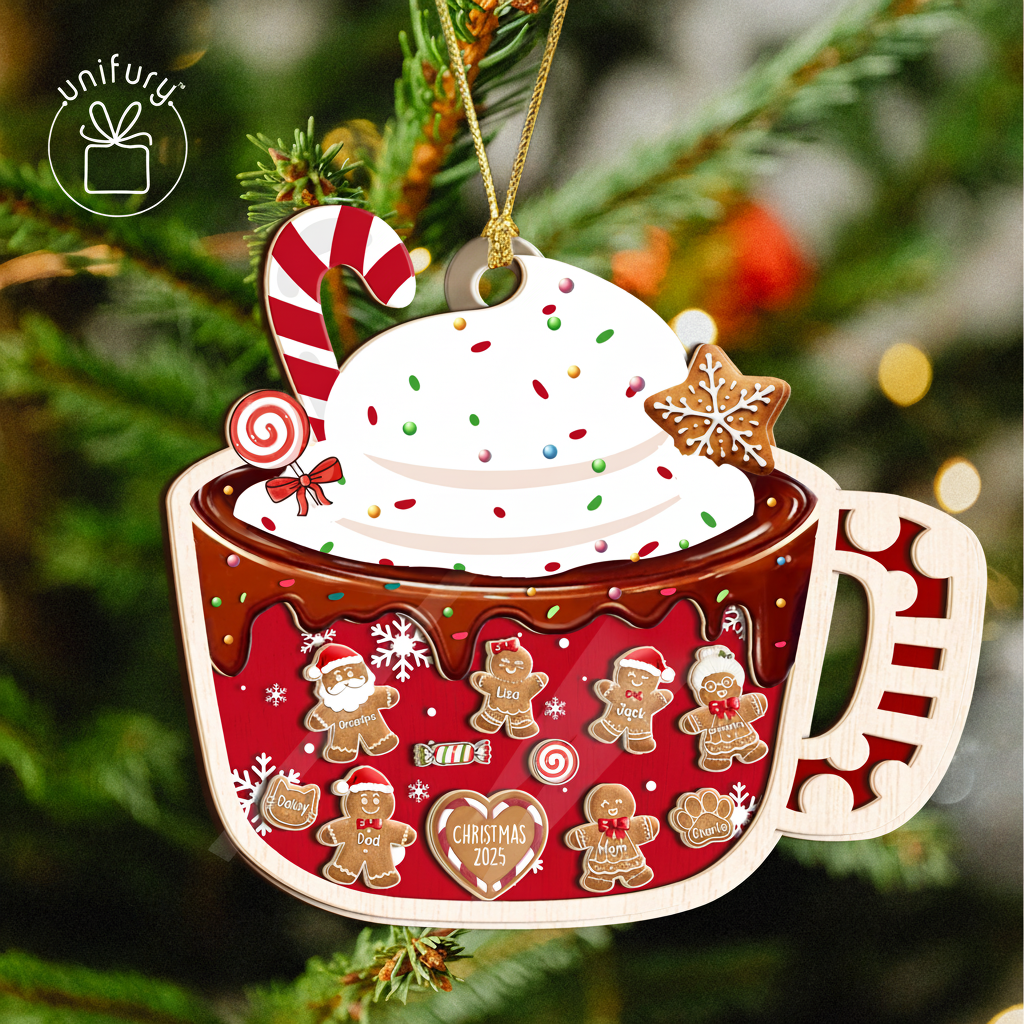
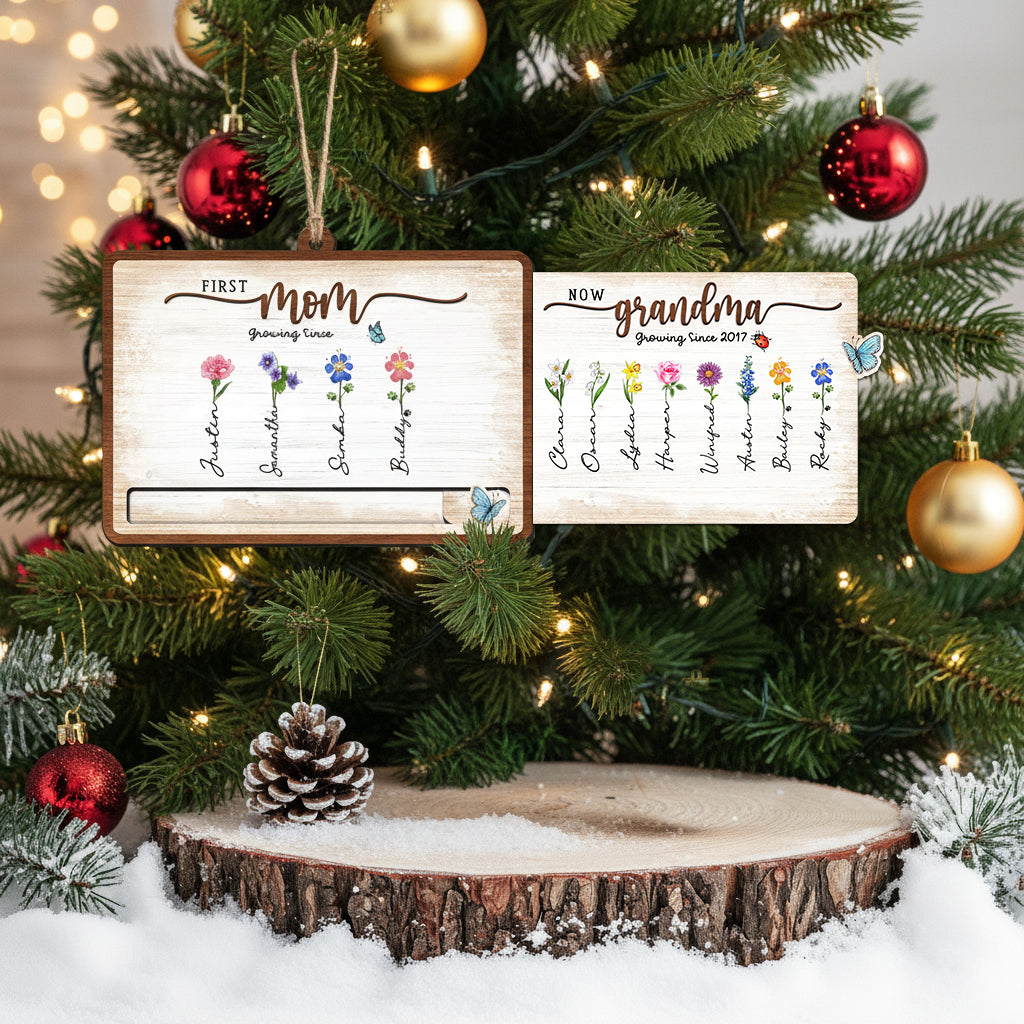



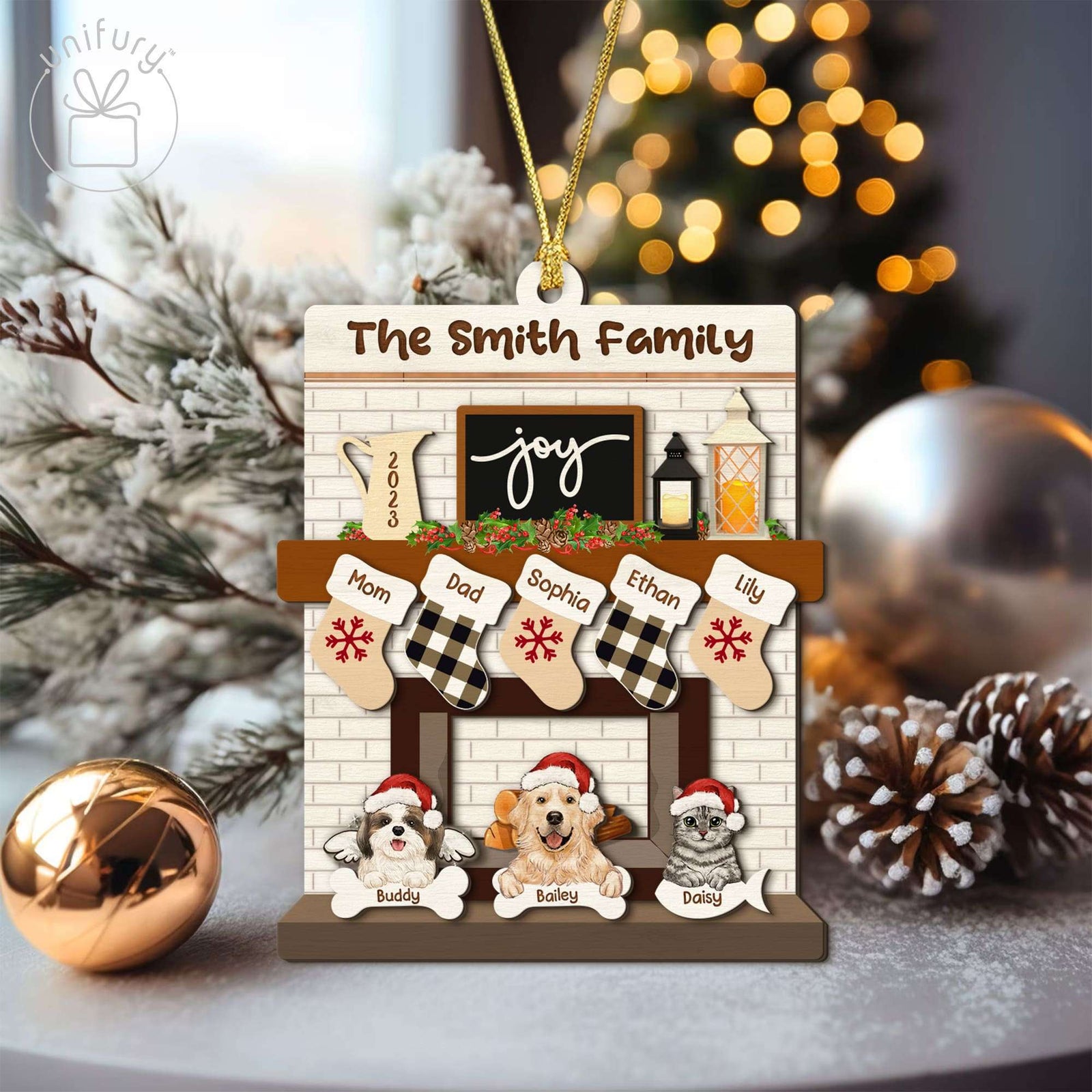


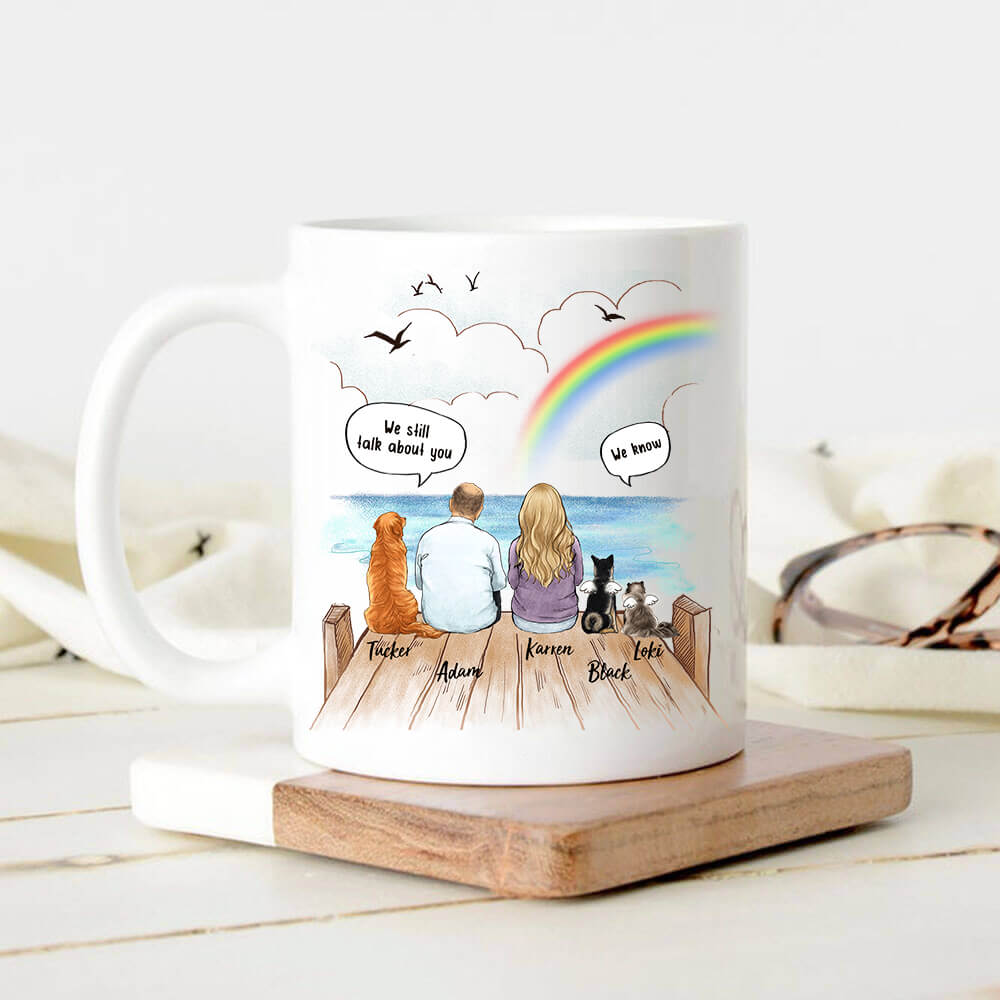
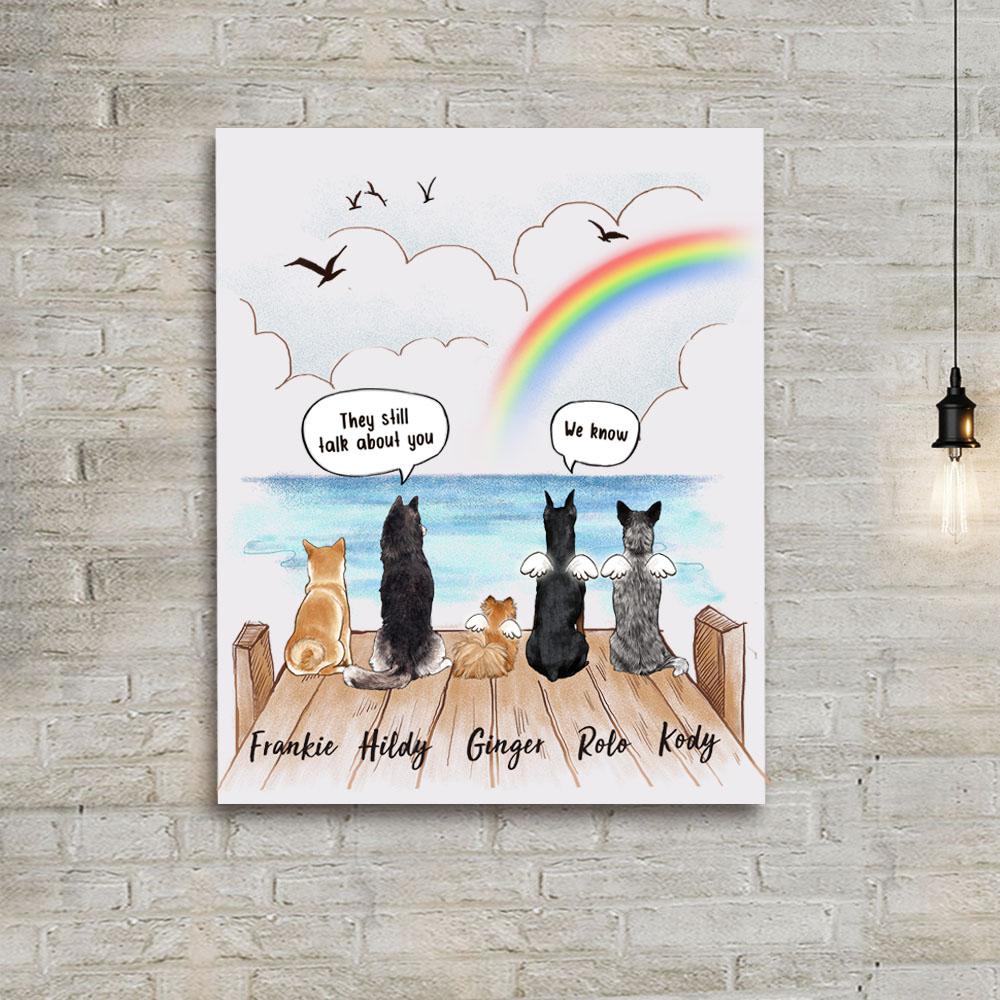
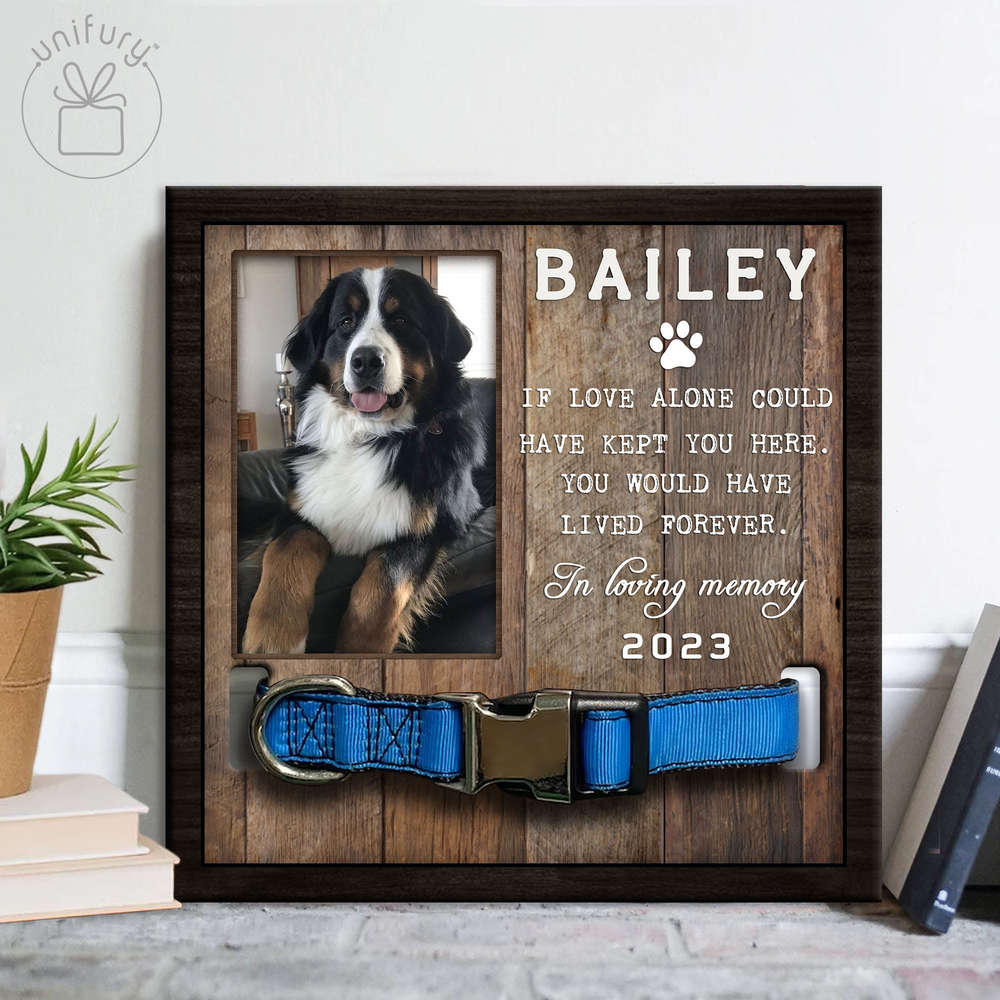
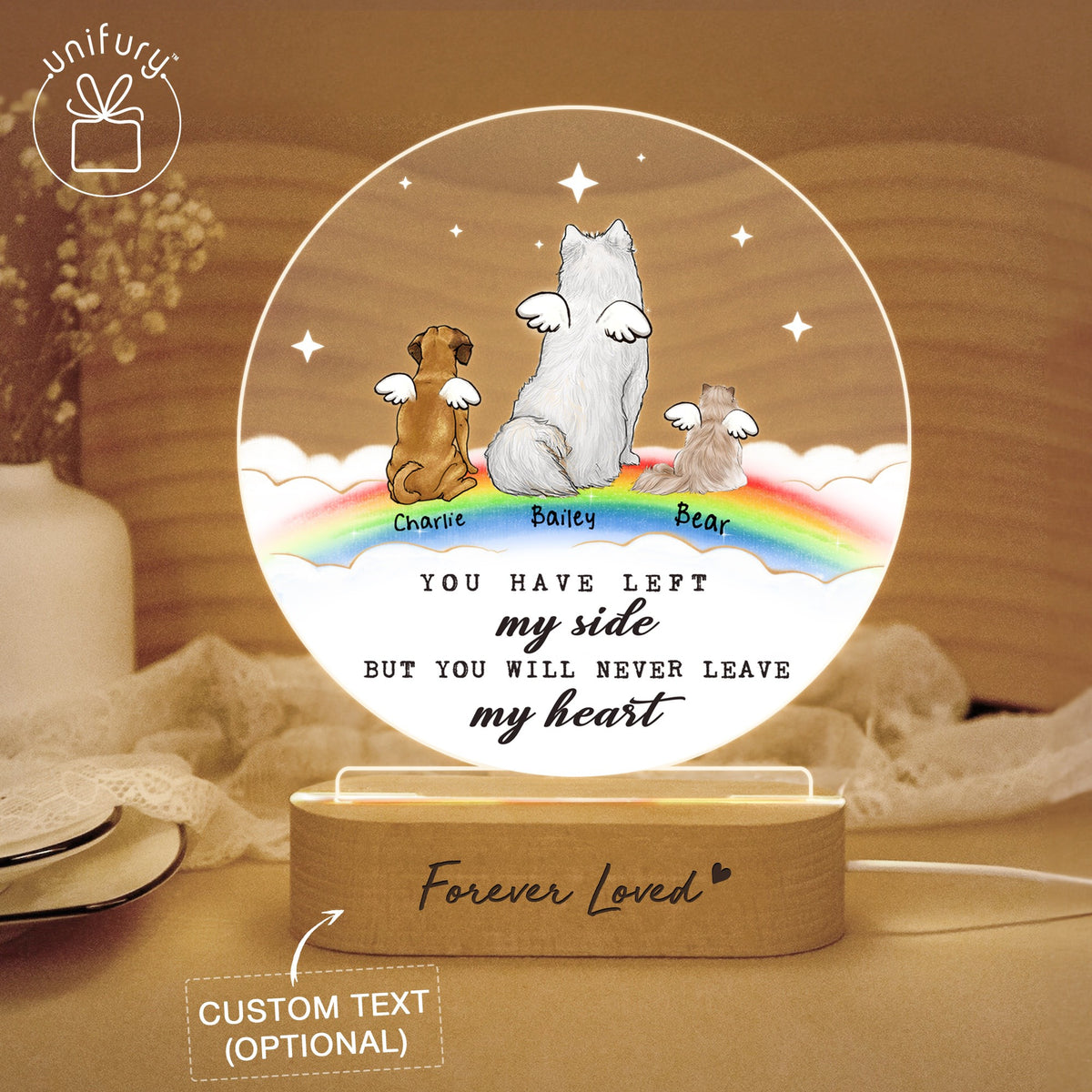







Leave a comment